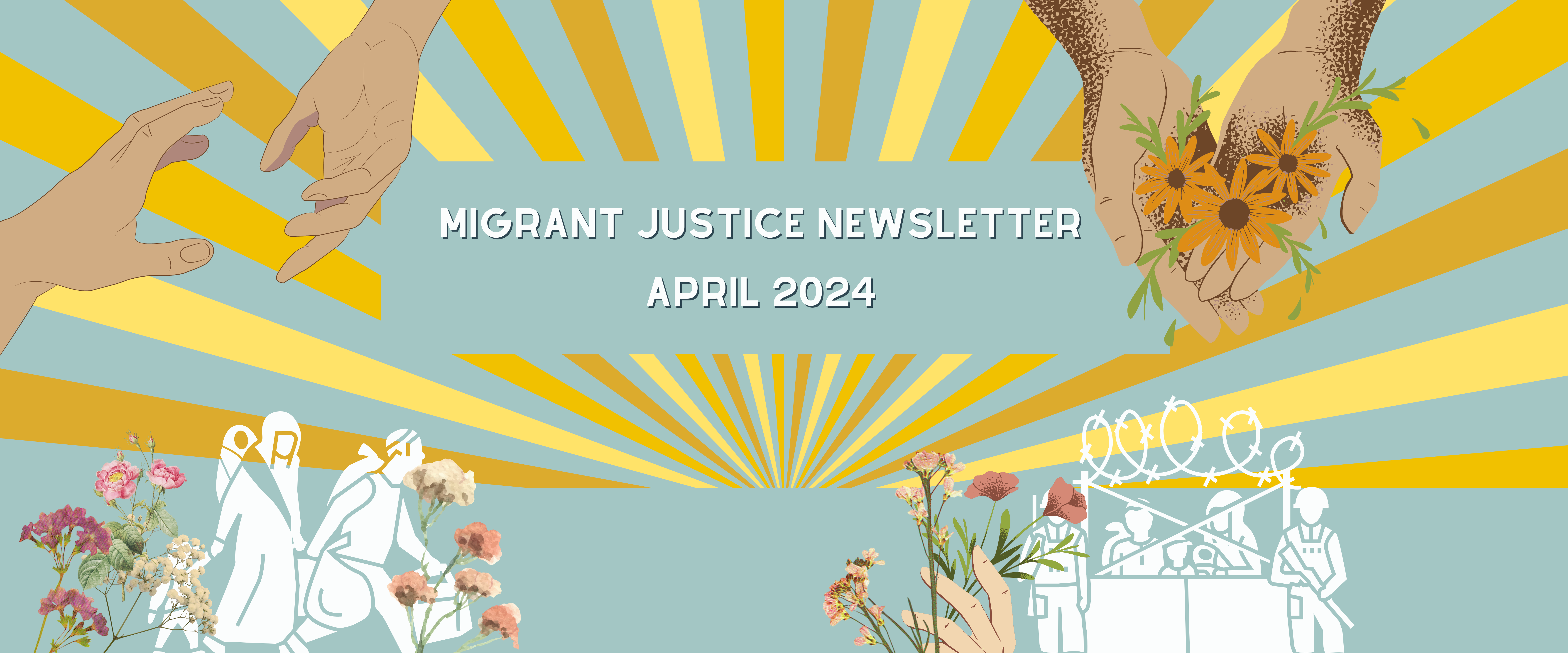On March 22 of this year, the Indigenous Council of Olopa (Chiquimula Department) announced that it had petitioned the Inter-American Commission on Human Rights (IACHR) for the violation of their rights as Indigenous peoples by the State of Guatemala. Since the government granted a 25-year exploitation license to the mining company Cantera Los Manatiales in 2012, Maya Ch'orti' community members have been victimized by threats to their ancestral lands and cultural rights, criminalization, violence, and assassination.
In March 2023, a court dimissed a bogus case against Juan Carlos Pérez Canán, Leonor Crisóstomo Méndez, Guillermo Ramírez Pérez, and Fredy Geovany Ramírez Ramírez. But the Public Ministry appealed, and on April 12, 2024, another judge ruled that the four should stand trial. Six others of their community members are facing similar false charges.
The company began operations in 2016, despite the fact that the license was granted without free, prior and informed consultation with the communities, as required by ILO Convention 169. Residents’ health and environmental concerns include the contamination of the Río Jupilingo and the Río Zacapa, cutting down of forests, and the appearance of skin diseases. In March 2019, the Ministry of the Environment ordered the company to stop its operations. Later that year, after the Maya Ch'orti' communities had maintained a peaceful encampment for several months, the Supreme Court of Justice (CSJ) suspended the mining license. Moreover, the Court of Amparos granted the Indigenous Council provisional protection measures because of the risks faced.
The ruling on April 12 by the First Criminal Court of Chiquimula is clearly a case of persecution against the Maya Ch'orti' authorities for their mining resistance activities. We are urging that the Ministry of Energy and Mines and the Ministry of Environment and Natural Resources publicly state as much and urge that all false criminal charges be dropped.

